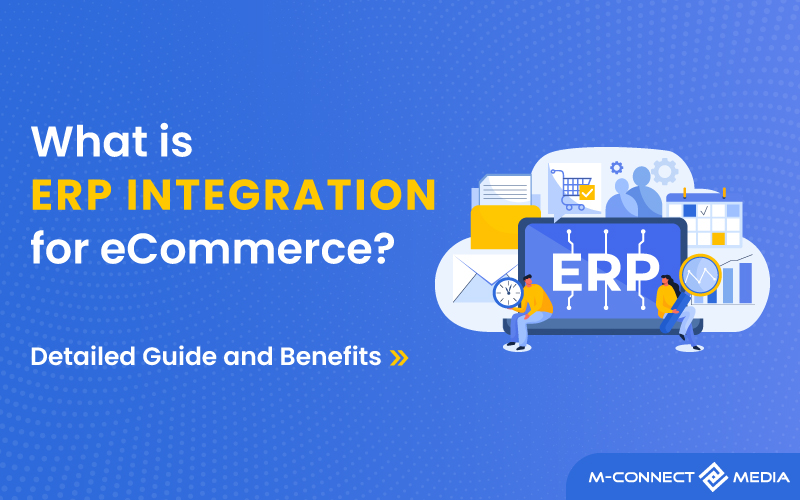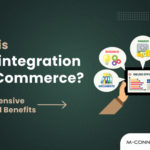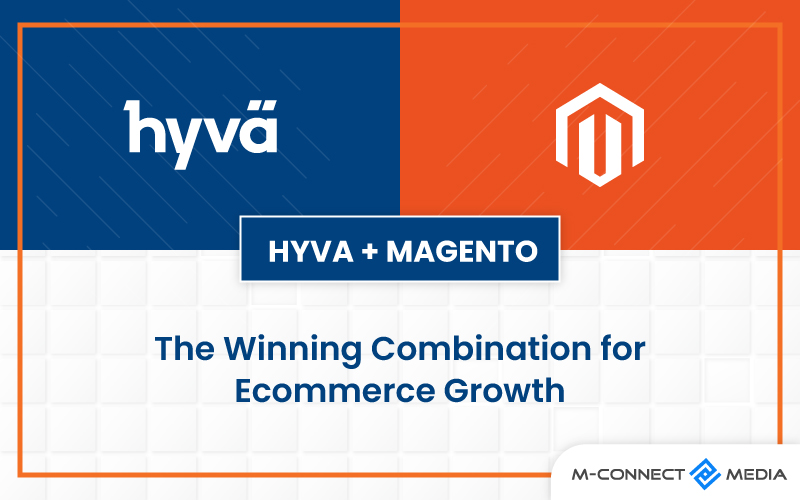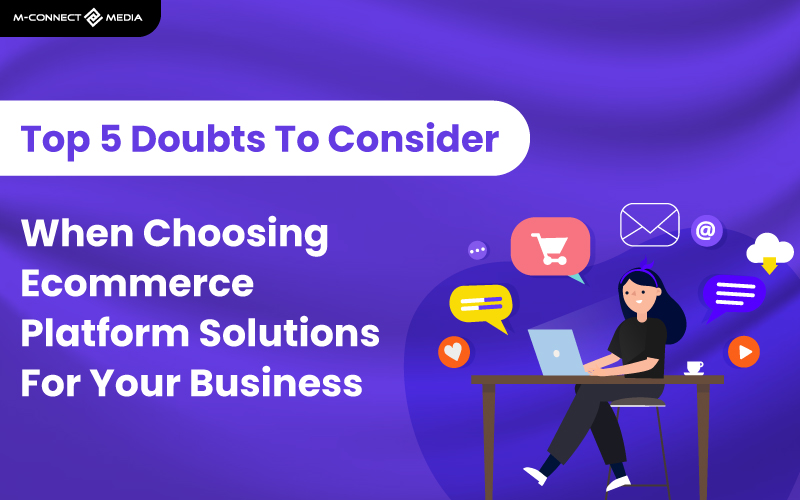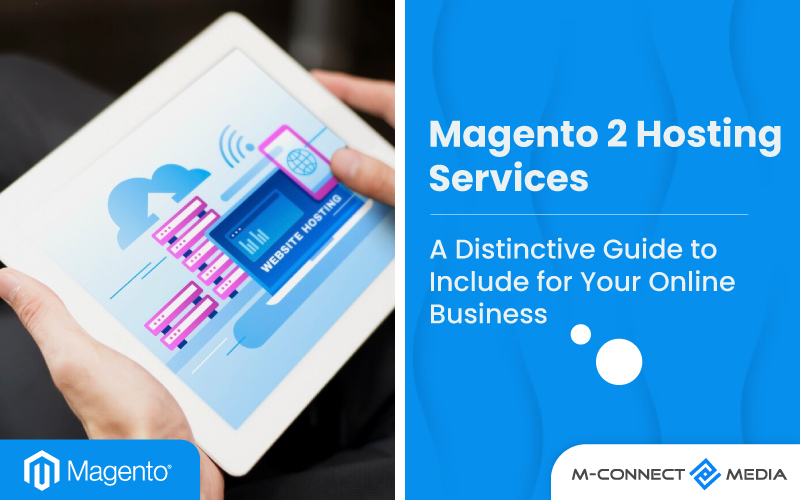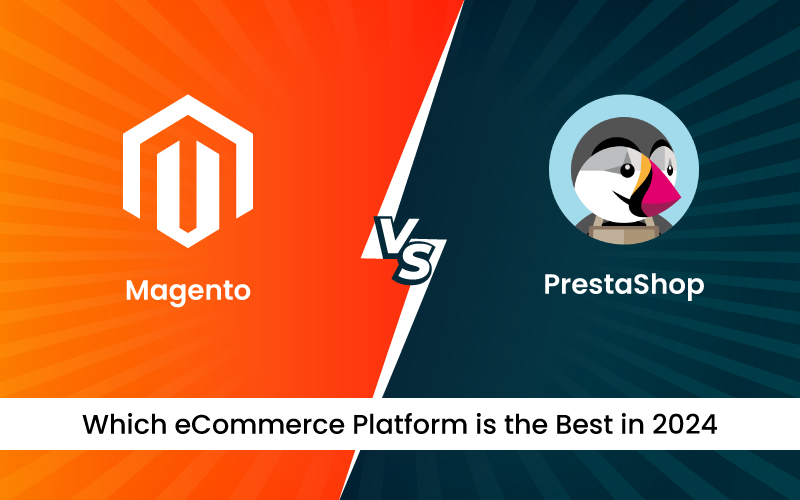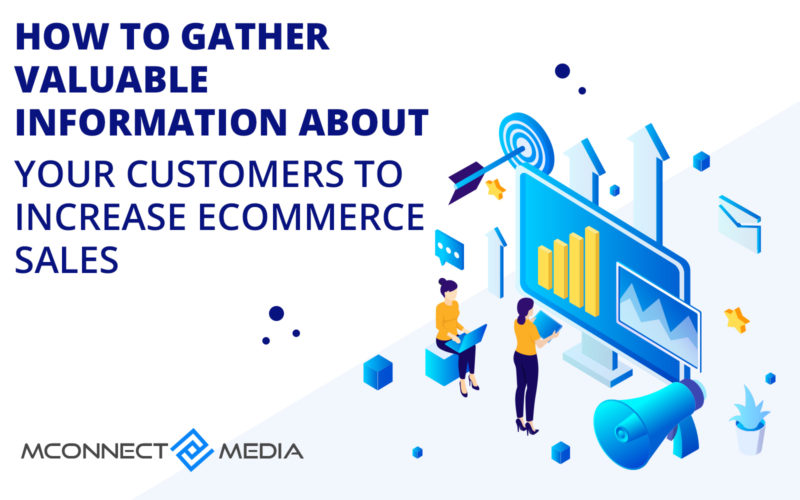Enterprise Resource Planning (ERP) integration for e-commerce is becoming a popular option for B2B organizations wishing to establish an effective online sales channel. Integrating ecommerce with ERP requires both short-term and long-term strategy.
The eCommerce Businesses may leverage data from this integration to create a simplified sales environment and a better client experience, and plans to function efficiently and affordably.
Ecommerce ERPs are used for a variety of business tasks ranging from procurement to logistics to financial reporting. Businesses may also use them to automate operations, gather insights, and streamline workflows.
Here’s a closer look at how an e-commerce system that integrates with ERP might help achieve better results online while keeping long-standing company ties.
What is ERP Integration for eCommerce?
The Enterprise Resource Planning (ERP) integration for eCommerce refers to the process of connecting an eCommerce platform to an ERP system. Businesses may simplify operations and boost productivity by combining an eCommerce platform with an ERP system.
A business’s ERP system is a software platform that allows it to manage different parts of operations, like inventory and financial management, order processing, and customer relationship management. In this platform, you store data like as orders, client information, and more.
When a client puts an order on an eCommerce website the order information may be transferred automatically to the ERP system, which can then update inventory levels, process the transaction, and create an invoice.
ERP integration for eCommerce may also aid businesses in better understanding their operations by providing real-time access to inventory levels, sales data, and customer behavior. This can help businesses make better inventory, pricing, and marketing decisions.
Overall, ERP integration for eCommerce may be a beneficial tool for companies trying to increase operational efficiency, cut costs, and improve the consumer experience.
Also Read: How will Artificial Intelligence Lead the Growth of Your eCommerce Business?
Essential Features of ERP Integration for eCommerce
ERP Integration tools interact with eCommerce platforms more simply than others. Some ERP programs provide built-in ecommerce connection capabilities, whilst others offer similar functionalities as add-ons.
ERP suppliers provide a wide range of functions. However, here are some greatest features of ERP integration for Ecommerce to increase efficiency and productivity:
Automated Finances
Financial Management and Accounting are essential components of ERPs. This data is critical for centralizing operations and developing forecasting models, allowing to plan for material reorders and predict delivery lead times.
Financial management is an important component of ERP systems for every firm, and the tighter profit margins, the more likely you will benefit from it. ERP should be able to automate as many areas of accounts payable and receivable as feasible.
If you already use accounting software for ecommerce business, you should think about connecting it with ERP ecommerce capability so that information is specialized and insights are readily shared across departments.
CRM Consolidation
Standardizing Customer Relationship Management (CRM) across your business ensures that all client accounts are managed similarly at every stage of the customer journey. Robust CRM tools in your ERP make it easy to handle client demands.
ERP integration with CRM for e-commerce enables business to provide superior service by resolving concerns. It is providing best after-sales experience and may give businesses with essential insight into customer needs and desires via data points and reports.
Using a CRM to manage that connection helps ecommerce websites design and apps to generate leads and enhance revenues. Built-in communications also allow you to reach out to selected subgroups with discounts or promotions.
Inventory Management
Inventory and Inventory Management are essential components of every ecommerce business. Using ERPs, businesses can manage inventory location, amount, and cost from a single system, automating tasks and reducing human errors.
Real-time inventory updates guarantee that you always know when it’s time to order, preventing stock outs, back orders, and order fulfilment delays. It might aid in diverse order fulfilment procedures to ensure timely availability and delivery of items through numerous channels.
Inventory management also ensures that items are easily accessible to customers. It provides a real-time record of product and stock availability for order processing. It also alleviates many of the hassles associated with supply chain management.
Shipping and Distribution Management
An ERP should enable you to handle all Shipping information, distribution, and order tracking. The finest software will automate recurring operations such as producing and printing shipping labels and compiling order forms, making warehouse workers’ lives simpler while also eliminating manual mistakes.
Logistics and order management are complex, but ERP system may assist to alleviate much of confusion. An ERP may automate everything from calculating shipping costs to printing a label to order processing and customer communication. Moreover, This decreases the strain of company while improving the client experience.
Also Read: A Successful eCommerce Website Must Have These Essential Features
Benefits of ERP Integration for eCommerce Platform
Integrating ecommerce platform helps your organization from the inside out. It delivers a unified user experience, eliminates human error, and aids in scaling. Your workers’ tasks will be easier, and customers will enjoy the enhanced efficiency.
Ecommerce integration to ERP has a variety of measurable benefits. The following are the primary benefits of ERP integration for eCommerce business:
Increase Productivity and Efficiency
ERP integration’s calling card is increased productivity. Because unifying all of your company’s data guarantees that you and your staff no longer waste time reconciling disparate data sets or searching for the information you require.
The ERP system provides a single, centralized system for all of your data, synchronizing your departments and activities. ERPs also automate certain activities, freeing up staff’ time to focus on higher-value jobs.
Logistics and operations are difficult, but an automated ERP solution alleviates many of the difficulties. Sharing data between systems and eliminating manual inputs results in improved operations that get more done faster.
Lower Operational Expense
A well-integrated ERP and eCommerce system dramatically cuts expenses. There is no need to engage additional people to change products, pricing, or images on eCommerce site. You may automate numerous operations to decrease human mistakes.
Using ERP and Ecommerce integration of all your data will help you remain on top of what customers are willing to spend, what’s cost-effective for your business, and changes in shipping rates.
Sales orders may easily transmitted from your eCommerce site to your ERP system. The automatic synchronization of shipping information, inventory levels, product information, and other data reduce operational costs.
Real-Time Inventory Management
With an integrated ERP system, businesses can get real-time updates on inventory levels across all sales channels. This can help prevent overselling or stock outs and enable businesses to make more informed decisions about purchasing and stocking products.
Real-time inventory visibility is critical to avoid stock-outs and ensure robust supply. Improved supply chain and warehouse efficiency streamlines sourcing processes and better sales forecasting optimizes inventory costs.
Improved Customer Experience
Customers may be kept informed throughout the sales process with an ERP eCommerce connection. Customers can receive updates and have access to real-time data. With up-to-date product and delivery information, you can eliminate possible customer hassles and also assist develop long-lasting connections.
Improved CRM capabilities, paired with automated payment, shipping, and tracking, result in a more seamless, quicker, and higher-quality customer experience. Customers may also view current inventory or out-of-stock warnings, view their most recent order status, and even monitor shipments.
Reduce Human Errors
An ERP eCommerce integration almost eliminates the possibility of human errors and omissions, which may be costly. You won’t have to worry about human mistake lowering the quality of data in ERP integration if information is entered correctly the first time.
Human mistake is unavoidable in manual operations. Also, ERP integration guarantees that data is correctly and automatically transported business, whether it’s properly recording data or moving it from one department to another.
Streamlined Business Process
Integration of ecommerce with ERP allows you to centralize operation of customer and product data, catalogues, orders, and more. Order information and order details will be loaded into ERP, making teams’ manage simpler.
One of the most significant benefits of connecting a website or marketplace with an ERP is centralization and automation. This simplified connection also requires only a single, up-to-date product catalogue.
When any data in inventory changes, everything on the eCommerce website is instantly updated. Moreover, This saves time on data control activities since there is no need to double-check each platform to ensure that information updated correctly.
Also Read: The Benefits of Outsourced IT Support for Retail and Ecommerce
Summing Up
The larger eCommerce business grows, the complex its systems get. A successful ERP ecommerce integration allows business to develop by identifying efficiencies and simplifying procedures, making it suitable for large and small businesses.
ERP deployment, particularly for ecommerce will benefit both your staff and consumers. An ERP integrated solution, with automatic inventory updates, order monitoring, and accounting, may help you take online sales to next level without adding employee burden.
Integrating ecommerce with ERP allows them to run concurrently and efficiently. Furthermore, Communication across platforms enables automation of regular tasks, simplifying of critical processes, and availability of reliable data about business to decision makers.
Mconnect Media’s eCommerce integration services is here to assist you when you’re ready to get started. We connect easily with ERP as ecommerce platform to instantly sync inventory, orders, customer data, and shipping details.
We provide class-leading eCommerce websites that bring online growth to your fingertips and Hire Magento Developers to create secure and error-free solutions for eCommerce websites.
Frequently Asked Questions
1. What is eCommerce ERP integration?
ERP eCommerce integration links a company’s frontend eCommerce site to its backend ERP system. This synchronizes data about goods, orders, customers, and other items across the two systems. Automatic data synchronization increases productivity and income.
2. Can ERP-integrated ecommerce be headless?
Integrating e-commerce ERP software with headless micro services assists merchants in increasing accuracy and efficiency while providing a consistent consumer experience. To extend ERP for e-commerce successfully, businesses must identify pain areas and incorporate headless APIs to enhance data hygiene and organization.
3. Why should I integrate eCommerce to an ERP?
ERP software help firms to minimize silos and collaborate as a single entity rather than several isolated islands. Enabling data exchange opens up new chances for business insight and speeds up procedures, allowing you to stay up with the pace of business. Moreover, Real-time data allows you to better respond to market developments and optimize the customer experience, which benefits the bottom line.

